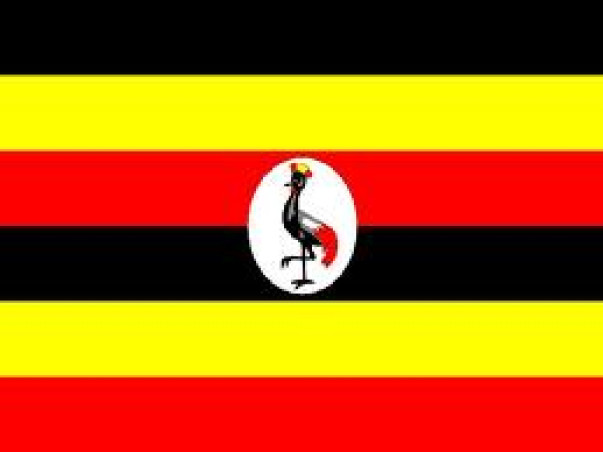NIGERIA: Networks able to apply for mobile money licences 'very soon'

Despite MTN’s deep troubles in Nigeria, the operator’s hopes of having a mobile money licence in its biggest market could finally see the light of day.
Indications are that network operators in Nigeria will "very soon" be able to apply for mobile money licences, according to Umar Garba Danbatta, the head of the Nigerian Communications Commission.
Nigeria’s mobile money market is currently bank-led, which means network operators are only allowed limited participation in the industry via tie-ups with financial institutions.
MTN has 24-million active mobile money users in 14 markets, though less than 10% of those are in Nigeria despite the country being its biggest overall market. It has 55.2-million subscribers in the West African nation and generates a third of its earnings there.
MTN has been trying for some time to win a mobile money operator licence in Nigeria, but analysts have cautioned that those efforts could be placed on ice after the Central Bank of Nigeria demanded the company return $8.1bn worth of dividends, and revenue authorities said it owed $2bn in taxes.
Danbatta said in Durban on Tuesday that Nigeria’s communications regulator and the central bank had set up a joint committee to look into mobile money licences for telecommunications groups after network operators including MTN expressed an interest.
"The feeling I’m getting from the [Central Bank of Nigeria] is that very soon the telcos will be licensed," he said, adding that the central bank seemed to be keen to work with mobile operators despite its dispute with MTN.
Owing to the rigidity of the current licensing model, mobile money penetration in Nigeria had not risen above 1% of the population for some time, Danbatta said.
This is despite the fact that about 40% of Nigeria’s population do not even have access to financial services.
Infrastructure
Danbatta said telcos had convinced the regulator that they had the capacity for mobile money and that they would invest in additional infrastructure for this particular service.
Meanwhile, he said the hefty demands that other departments had placed on MTN could have "ripple effects" across the Nigerian economy. The telecommunications sector accounted for 10.5% of GDP.
The Nigerian Communications Commission was doing "everything possible" to ensure an amicable solution was found so that the sustainability of the sector was not jeopardised. The regulator had been in talks with MTN and it planned to put forward "a very convincing case" to the government for an amicable resolution, but it would not undermine the central bank’s powers.
Danbatta said the communications authority was not questioning the central bank’s decision. It was simply "mindful of the effects" it could have.
MTN said on Monday it had applied for a court injunction to protect its Nigerian assets after one of its banking partners, Standard Bank’s local unit, had R75m deducted from its account by the central bank. This was the amount the bank was fined for its role in moving MTN’s dividends out of the country.
SOURCE: BUSINESSLIVE
 Africas leading resource for digital financial services
Africas leading resource for digital financial services


comments